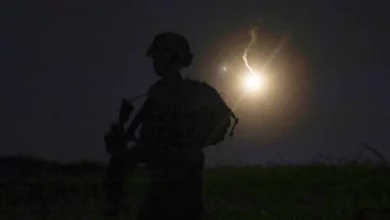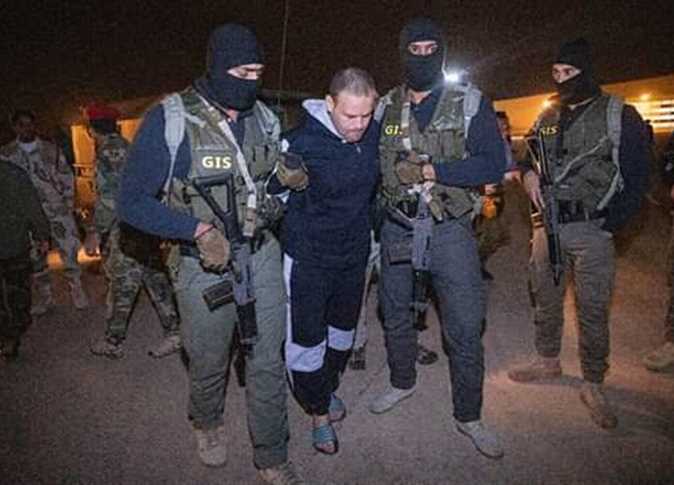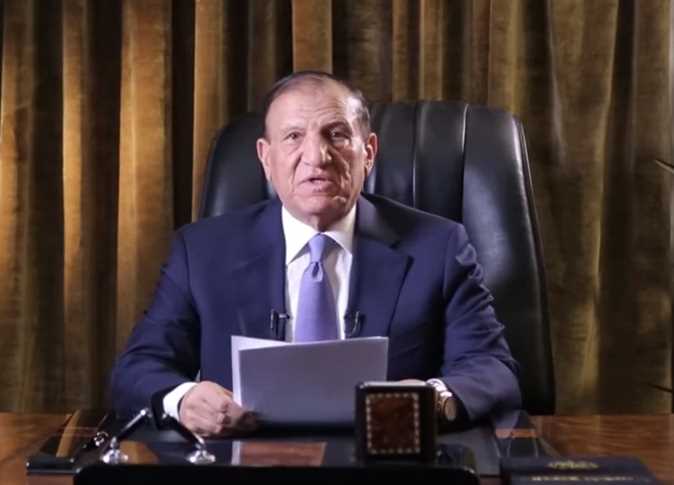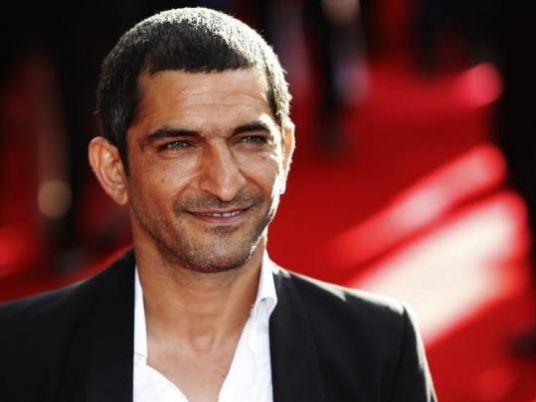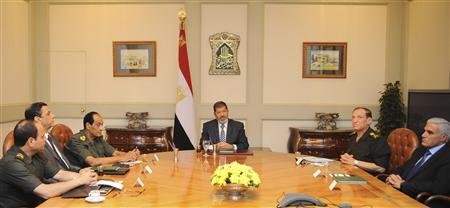
When the Supreme Council of the Armed Forces held a ceremony to hand over power to then newly-elected President Mohamed Morsy on 30 June, Morsy said he would pay the council members back for the ceremony in his own way, and would honor them for managing the country during the interim period.
Suddenly, Morsy decided on 12 August to send former Defense Minister Hussein Tantawi and former Chief of Staff Sami Anan to retirement. He then appointed Abdel Fattah al-Sisi, who served as the head of the Military Intelligence at the time, to succeed Tantawi, and Sidqy Sobhy, the commander of the Third Field Army, to succeed Anan.
Both Sisi and Sobhy were members of the SCAF as well, but not among the oldest remaining members. Morsy's decision passed over military traditions that take seniority into account for such choices.
Two days ago, the Cairo Court of Appeals assigned a judge to lead an investigation into reports filed against Tantawi, Anan and Hamdy Badeen, the former head of the military police. The move followed Public Prosecutor Abdel Meguid Mahmoud referring charges against the two men to the court last week. The charges included killing protesters in the transitional period between the outbreak of the 25 January revolution and the SCAF's handover of power to Morsy.
The events resulted in the deaths of nearly 200 people, around half of which Armed Forces were implicated in, human rights reports say.
Some legal experts, however, dispute the legality of the move, because it mandates a civilian judge to investigate three former military officers.
Some think that this move is a violation of Article 9 of Law 25/1966, known as the military courts law, which requires that both former and current military officers be tried in front of the military judiciary.
Others say that the public prosecution has authority over criminal proceedings in general; and that if Tantawi and Anan were tried by a military court, they would be subject to questioning by those of a lower rank, which could be seen as an embarrassment.
Ahmed Fawzy, a human rights lawyer and secretary general of the Egyptian Social Democratic Party, thinks that such a step should have been undertaken in consultation with the military judiciary, because the charges facing the defendants may have occurred while they were in office, so they cannot be tried before civil court.
On the other hand, Sayed Hashim, a former military prosecutor, told the independent daily Al-Shorouk that the military prosecutor is the parent body that decided to start investigations into the case, but the whole thing lies in the hands of the public prosecutor. Therefore, all investigation procedures with the three defendants fall under its powers.
Raafat Fouda, a professor of constitutional law at Cairo University, said that the public prosecutor investigating the case would be more transparent and ensure a fair trial for the defendants, because the system of the military judiciary consists of one layer of courts, whose decisions are not subject to appeal. Furthermore, it would be hard for one of the military judges to interrogate or prosecute their former leaders.
“The military judiciary is exceptional and has no sufficient guarantees for a transparent trial, as there are in civil trials. The latter ensures following the legal procedures, including collecting evidence and holding public hearings, something which does not happen in military courts,” Fouda said.
Fawzy believes that main problem will prove to be the collection of evidence against the former leaders.
“Criminal Investigation is the body that collects evidence, and specifically in this case it will be joined by the military police investigation authority. I do not think that these authorities will provide evidence against any of those leaders, especially given that they have not cooperated in similar cases in the past," he argues.
Fawzy compared the case to the Battle of the Camel trial, in which Cairo Criminal Court acquitted 24 defendants associated with the former regime who had been charged with killing demonstrators. The court ruling said that the acquittal was a result of weak evidence and that most of the testimonies of the witnesses relied on reported stories, not witnessed facts.
"What is happening now is just an attempt to calm the festering public opinion from some of the practices of the Muslim Brotherhood. Before the removal of Tantawi and Anan, Morsy honored them and gave them the Order of the Nile. If he wanted to get them convicted today, he must intervene to ensure the collection of evidence," Fawzy, who does not think it likely, said.
Translated from the Arabic by Salma Salah

